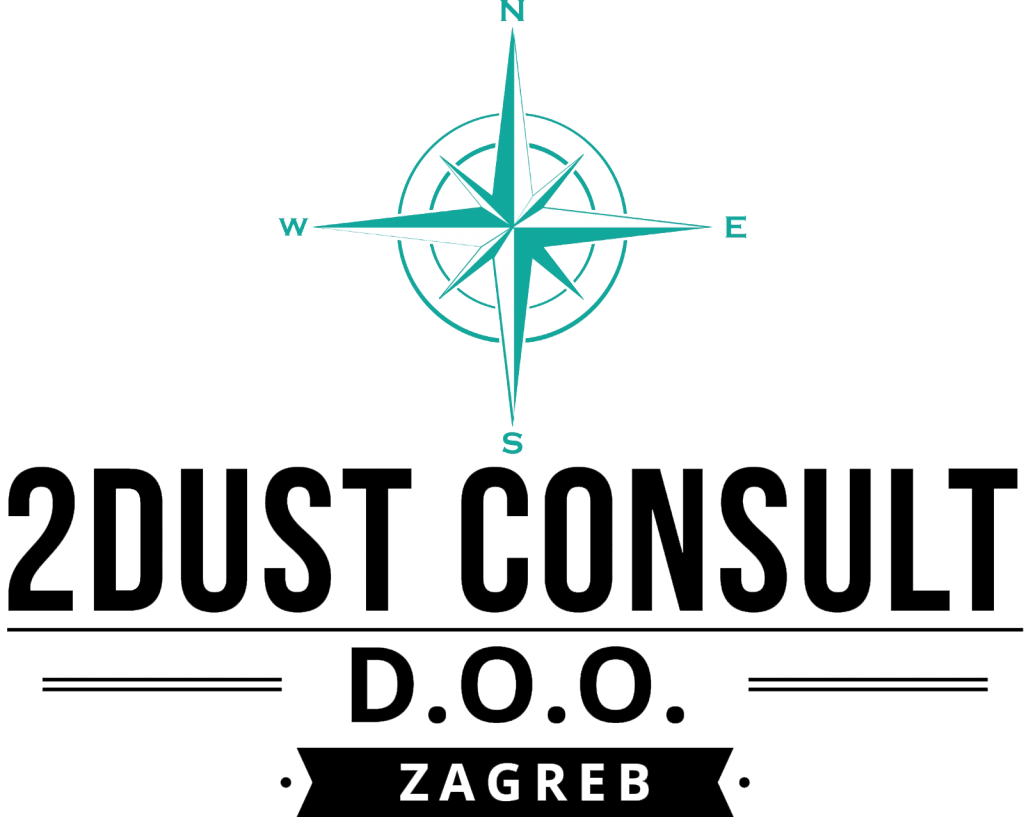With organized administration and the use of technologies for managing reminders and reminders, extreme cases of judicial collection of claims are reduced to a minimum.
It is rare for a company in Croatia to have no problem with the collection of claims. Some entrepreneurs spend a significant part of their time on this part of the job, such as making phone calls, sending emails and, not least, taking notes, records, etc. That second job is for volume they ignore, and hope that the customers will make payment one day, and if this does not happen, they resort to judicial claim collection and termination of the business relationship with the customer.
If you can solve the above through your external associate, you have one less worry, with better billing and maintaining good relations with business partners.
Although creditors believe that there is a low probability that the invoice was not received or was lost, the percentage of lost and forgotten invoices is actually extremely high, and all such cases are solved by automating the delivery of reminders, without the need for judicial collection of claims, or engagement of debt collection agencies. So, out-of-court collection of claims can be contracted as part of bookkeeping services.
In the case when the collection of receivables is organized in the above-mentioned manner, it also represents a significant expenditure of time by your employees (usually commercial), who could be engaged in more productive work at that time. What is an additional problem is that in the best way to preserve the established relationships, such collection of claims is reduced to begging the commercial person that the debtor pays some part of the debt here and there, which degrades the role of people who work in the commercial sector.
If none of the above has borne fruit, the creditor begins to think about the procedure for judicial collection of the claim, or what is even more common – forgets about the statute of limitations and the claim becomes statute-barred.The collection of the claim itself can be divided into two phases. During out-of-court proceedings, collection is done without court intervention. During the court proceedings, the court is also involved. Most of the cases can be solved without the intervention of the court, if the debtor has sufficient funds for payment.
- You contact the debtor and check why the payment was missed
- Keep written records and the date you need to take the next step
- You contact the customer again after some time, and urge him to make the payment as soon as possible
- Keep written records and the date you need to take the next step
Debt collection is an important part of an organization's financial management. Efficient collection of receivables ensures a stable cash flow and reduces the risk of uncollectible receivables. Here are some steps you can follow to improve your receivables collection:
1. Establishing clear payment terms: Define clear payment terms in your contracts and invoices so that customers are aware of their obligations. Specify payment terms, payment methods and all other relevant information.
2. Regular monitoring of open claims: Track open claims and regularly check payment status. Implement a tracking system and record all relevant information about each claim, including due dates, payments and customer communications.
3. Send a payment alert: If the client doesn't pay on time, send a payment alert. This can be in the form of letters, emails or phone calls. Be polite but firm in your communications and emphasize the importance of timely payment.
4. Negotiating solutions: If the client has payment problems, be open to negotiating solutions. Consider flexibility in terms of payment, repayment plans or the possibility of lowering the amount of the claim to reach an agreement that is acceptable to both parties.
5. Timely communication with lawyers: If collection of claims becomes lengthy or if the client does not respond to warnings, consider involving a lawyer or a collection service.
6. Keeping track of rules and regulations: Familiarize yourself with the relevant laws and regulations on debt collection. Ensure that your debt collection activities comply with legal requirements and avoid illegal or unethical practices.
7. Improving your billing system: Consider using automated billing systems that make it easier to track, manage, and monitor receivables collections. Such systems may generate automatic alerts
The mere announcement of the possibility of court proceedings is usually sufficient incentive for the debtor to make the payment if he has sufficient funds for the same. Court proceedings can be long and expensive, and debtors generally try to avoid them at all costs.
Svi navedeni koraci naplaćuju se u rangu cijena administrativnih naknada, te za klijente kod kojih je uhodana procedura ne predstavljaju značajan trošak, i u pravilu su rentabilni već za potraživanja iznad 40€.
If your debtor still refuses to pay in extrajudicial proceedings, actions are available to initiate court proceedings, which will be advised in detail by a lawyer or notary public in cooperation with us, and the procedures can be divided into:
- In the enforcement procedure, you can collect your claims on the basis of an enforcement document issued by a court or a notary public (decision on enforcement based on an authentic document - extract from business books, invoice, etc.).
- If the assessment is that the proposal for execution based on a credible document is not allowed, proper or founded, the case is referred to the competent court for a decision.
- If the debtor contests the claim, then the lawyer will have to file a claim with the court. The debtor has 15 days to respond to it. Both parties must then present their case to the court. If the court makes a decision in your favor, the debtor's account will be enforced.
- In the event that the basis for payment has not been fully executed, Fina is able to issue an order to the banks to block all the debtor's accounts and prohibit the disposal of funds until the basis for payment has been fully executed.
- European payment order - in consultation with a lawyer, you can also consider the above.
- Settlements will in most cases be proposed by the court, and if one party is not willing to settle the dispute by agreement, such an attitude will not be evaluated favorably. Settlements concluded before the court have the force of an enforceable document.
According to one survey, the greatest difficulties in business are cited by entrepreneurs as major administrative obstacles (13 percent of respondents), periods without clients, jobs and projects (12 percent), late payment or non-payment (also 12 percent of respondents). In the case of administrative obstacles and collection of receivables, well-organized and agile bookkeeping can provide you with support, which is not a negligible share in the overall structure of obstacles.






